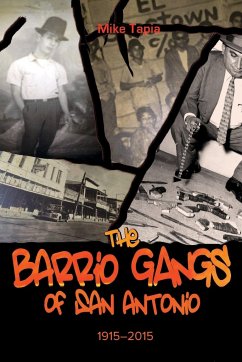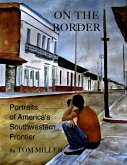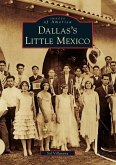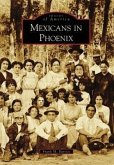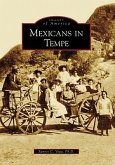Barrio Gangs is the most comprehensive academic case study of barrio group dynamics in a major Texas city to date. This is a sociological work on the history of barrio gangs in San Antonio and other large Texas cities to the present day. It examines the century-long evolution of urban barrio subcultures using public archives, oral histories, old photos, and other forms of qualitative data. The study gives special attention to the barrio gangs' "heyday," from the 1940s through the 1960s, comparing their attributes to those of modern groups. It illustrates how social and technological changes have affected barrio networking processes and the intensity of the street lifestyle over time. Intergenerational shifts and the tension that accompanies such changes are also central themes in the book. Few other places are so conducive to such historical exploration as is San Antonio. Street ignobility in the barrio no doubt mirrors processes found in other Chicano communities in Texas and the Southwest. The gang contexts in major Chicano population centers have lengthy historical bases rooted in weak opportunity structures, oppression, and discrimination. This work shows that participation in street violence, drug selling, and other parts of the informal economy are functional adaptations to the social structure; the forces propelling the formation of barrio gangs are not temporary social phenomena.

